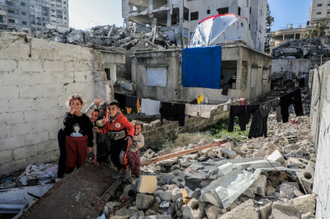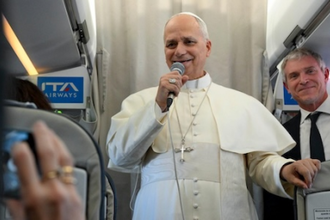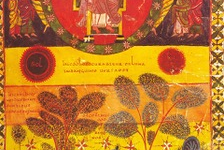Pope sends antibiotics for sick children in Gaza

Photo by Mohammed Ibrahim on Unsplash
Source: Vatican Media
As humanitarian aid was finally granted access to Gaza, Pope Leo XIV instructed the Office of Papal Charities to send medicines for the youngest victims of the war. Meanwhile, aid missions to Ukraine also continue.
Through the Office of Papal Charities, known as 'Pope Leo's first aid service', 5,000 doses of antibiotics have been sent to Gaza for children, who are among those most affected by two years of conflict and desperate shortages of food and medicines. This shipment was made possible by the reopening of the crossings through which humanitarian aid is now reaching the people of the Gaza Strip.
Cardinal Konrad Krajewski, Papal Almoner, said: "We are putting into practice the words of the Apostolic Exhortation Dilexi te, dedicated to the poor. It is necessary to act, to pay attention to those in need."
Thanks to the Latin Patriarchate of Jerusalem, the antibiotics sent have already been distributed to those in need. Cardinal Krajewski said that even at the height of the war, efforts were made to help by sending funds for the purchase of food and fuel.
The Office of Papal Charities has also been sending humanitarian aid to Ukraine for years now, supporting the the Basilica of Saint Sophia in Rome, known as 'the church of Ukrainians' from where numerous trucks have departed, carrying essential goods, including power generators and thermal clothing, to help people withstand the cold in the war-torn country.
Recently, white packages marked with Vatican and Ukrainian flags and bearing the inscription - in both Italian and Ukrainian - "Gift of Pope Leo to the people of Kharkiv" have arrived in the city. They contain canned food, oil, pasta, meat, and hygiene products.
Dilexi te clearly highlights the fact the Church's "proclamation of the Gospel is credible only when expressed through concrete gestures of closeness and welcome."
It is hoped that these gestures from the Pope's charity bring some consolation and relieve some of the suffering and pain of people exhausted by years of war.


















